The Geneva Conventions
What does it stand for in times of war, when monsters call. How does it affect basic freedom for the armed forces and civilians as a whole. How does it affect our individual sense of freedom.
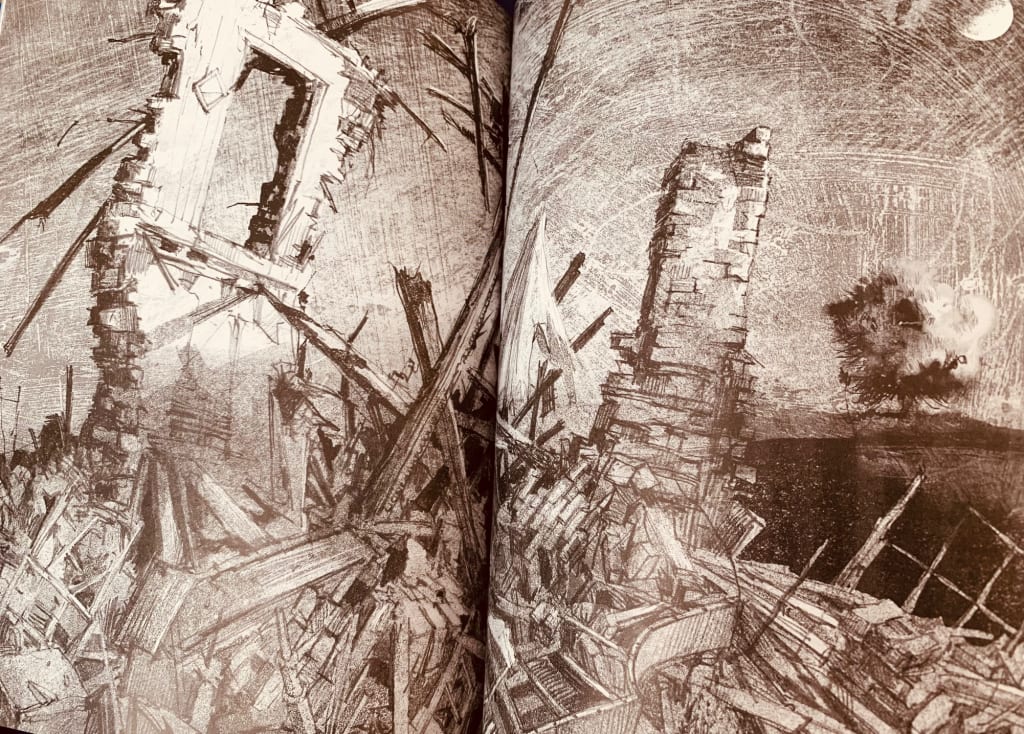
The Geneva Conventions are a set of four treaties of international law at wartime. They were formulated in Geneva, Switzerland. All of the four treaties are about humanitarian issues. The Swiss Henri Dunant was the person who started the creation of the Conventions. He did this after he saw the unimaginable cruelty of the Battle of Solferino in 1859.
The Battle of Solferino was the second Italian war of independence.
Some parts of the four Geneva Conventions say that all countries who signed must create national laws to make violations of the Geneva Conventions a crime.
There were a total of fifty three (53) countries, initially, that signed and ratified the convention, including Germany and the United States, Japan signed but did not ratify. For a total list of over two hundred countries that became a part of' The High Contracting Parties', or Protocols that have signed, ratified or became members of the convention, please refer to Wikipedia.
Why didn’t the Soviet Union sign the initial Geneva Conventions?
The Soviet Union passed the law in 1931 called “Положение о военнопленных” (“POW provisions”) that presented the Soviet approach to the humane treatment of POWs. In some ways, it was more likely the Soviet Union didn’t sign the Geneva Convention of 1929, because some of its rules were against the Soviet policies. (Bing)
Russia did become a part of the Geneva Convention in 1960, but for clarification about treaties, conventions and protocols in areas where they withdrew some agreements, again please see Wikipedia. I am unclear on their current stance on the subject.
I shall begin with the fourth convention because of it's relevance to the current world situation of war and disharmony.
*THE FOURTH GENEVA CONVENTION
"Relative to the protection of civilian persons in time of war", first adopted in 1949, and based on parts of the 1907 Hague Convention IV. It states that:
"When there is a war, the people who do not take part in the war (they are called civilians) must be protected in some ways.
*The Hague Convention is a set of treaties signed in Den Haag in 1899 and 1907. Along with the Geneva convention, they are among the first treaties to speak about war crimes and the laws of war. They are considered to be part of International law.
*THE FIRST GENEVA CONVENTION
This deals with the amelioration of condition of the wounded and sick in armed forces in the field. This was last revised in 1949. It states that medical personnel on the battlefield must help anyone who is injured, not only from their own side.
*THE SECOND GENEVA CONVENTION
Deals with the condition of sick and shipwrecked members of the armed forces at sea. This is similar to the first convention, but for battles that happen at sea.
*THE THIRD GENEVA CONVENTION
'Relative to the treatment of prisoners of war'
This convention states that a prisoner of war has certain rights. In the recent years the United States had issues with this convention in regards to the Taliban fighters that were captured in Afghanistan, stating that they were not prisoners of war, but were 'illegal combatants', therefore they did not have those rights under the conventions.
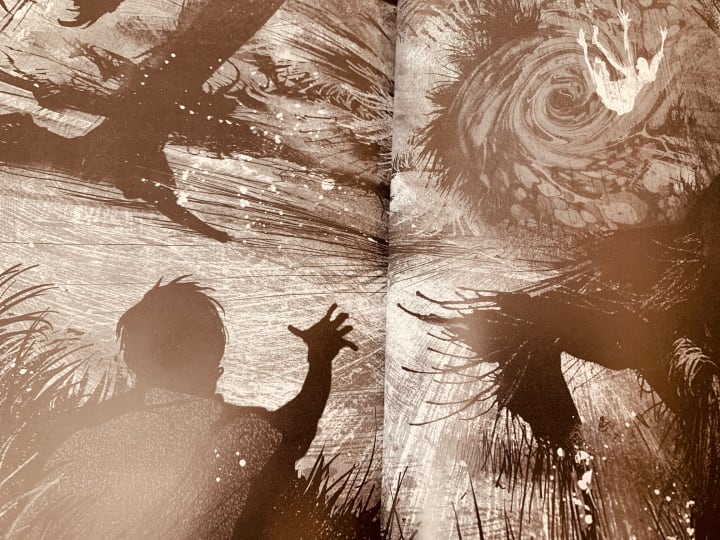
I chose to focus on the first convention as the most important since it seems to have been forgotten in recent times. Civilians are suffering miserably in the recent state of events that are transpiring across the globe.
What does it mean for basic freedom when the leader of a country declines to care about the rights of any human life. Is he or she free to do as they please, flaunting decency and kindness as unimportant in the broad scheme of our existence.
My freedom may not be as threatened or as jeopardized to the depth that the Ukrainians are being subjected to at this time, nevertheless I am just as angry and frustrated as anyone, that innocent people always have to suffer the brunt of all the indiscretions of misguided leaders everywhere.
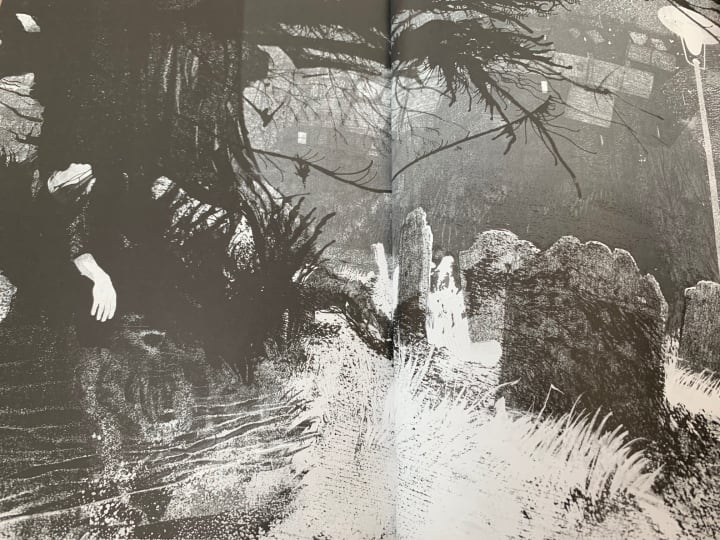
War anywhere in the world affects us all. Physical harm is suffered by those in the midst of the chaos. We commiserate with them and send them our heartfelt wishes. Their pain is the pain of the entire world at present.
We all cannot be free until we all are free.
Freedom unites and bonds people together.
Please allow me my true moment of freedom.
I found my moment of freedom when I realized that I am the only one who can free my mind of the cobwebs and chains that myself and society have kept imposed on me with rules, regulations and misconceptions about who I should or should not be, or what I am allowed or not allowed to do.
I threw off the chains and tore down the cobwebs. I finally exhaled and inhaled my freedom.
A free mind is an aphrodisiac, it is to be savored, inhaled and tasted with a fullness of delight and wonder.
How can I feel totally free amidst the suffering of others?
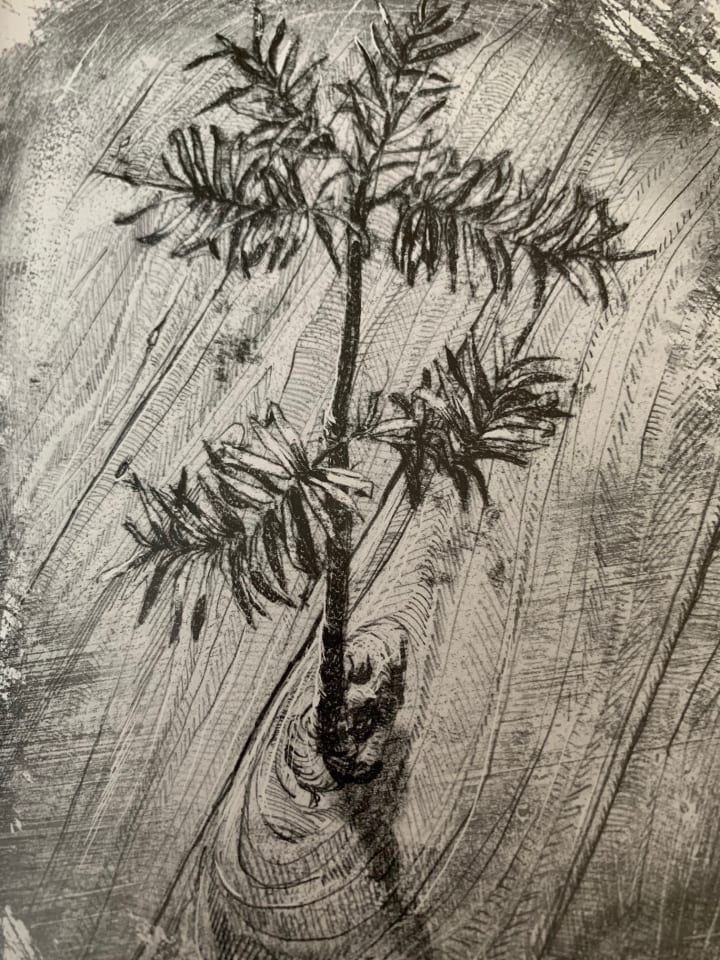
End the war in Ukraine.
For the sanity of humanity.
Please.
N.A.
Illustrations are by Jim Kay, from the book 'A monster Calls'
Some information found on Wikipedia.
About the Creator
Novel Allen
Every new day is a blank slate. Write something new.


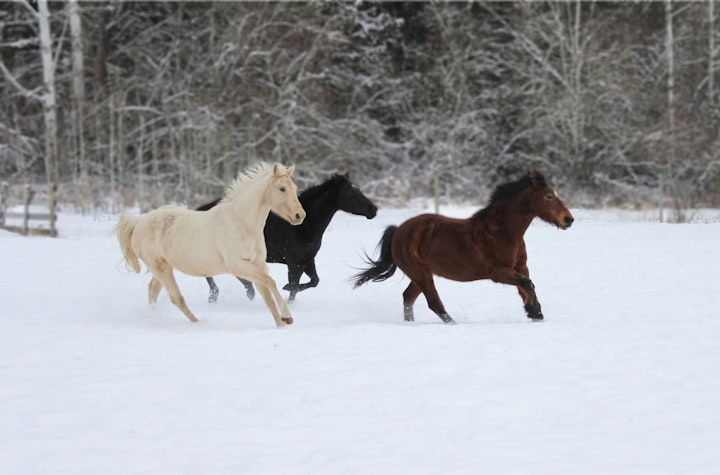



Comments
There are no comments for this story
Be the first to respond and start the conversation.